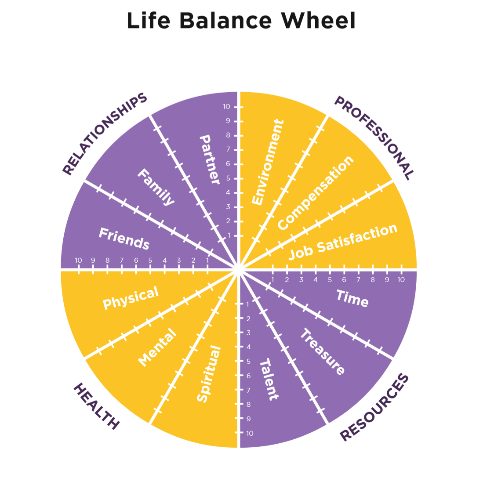 To quote the badass, lightsaber-wielding Master Yoda, “Do or do not; there is no try”.
To quote the badass, lightsaber-wielding Master Yoda, “Do or do not; there is no try”.
In my session room, I do all I can to banish these types of words. I believe when you use terms like “try,” “if,” and “wish,” you’re actually giving yourself permission to fail before you even start. Though it may not be the intention, it’s the result. Instead, as a team, reframe these statements to “when” and “will,” as in “when we hit our numbers,” “when we get these rocks done,” and “it will work this time”. When you establish this commitment (that you’ll do these things and when they’re done, you’ll see the outcome you’re looking for) in your own subconscious, you begin owning it and focusing your attention on getting it done. In other words, it’s no longer an option to your subconscious. This doesn’t mean you won’t have to dig in and deal with the occasional curveball – you will. It means that you’ll be able to deal with an intense workload or unforeseen curveballs and not be defeated by them.
When a person, any person, has this conviction about achieving a specific objective, the unreasonable becomes reasonable and the incredible can happen. As this belief begins growing, it becomes embraced. This feeling can permeate out and impact others, which is why great leaders lead from their hearts and are willing to live by example. This modeling cascades out, empowering others to risk being unreasonable, having a willingness to own it, and trusting that they’ll achieve it.
As an example, if you worked for a leader who came to your team and said in a reasonably upbeat tone, “Okay, this quarter, we’ll try to hit our numbers and quarterly objectives. If we can do those things, then we can look at growing. I really hope we can get it done this quarter.” This statement isn’t terrible in and of itself. However, the expectation has been set: it’d be nice to get these things done, but if you don’t, it’s okay to fail.
I HATE this kind of thinking. The terms “okay” and “good enough” suck.
Instead, if that same person in the same reasonably upbeat tone said, “Okay, this quarter, we’ll hit our numbers and quarterly objectives, and when we achieve these results, we’ll grow. I know we can get it done this quarter.” The feeling and implied message is much stronger and so is the likelihood of that team’s success.
Let’s take it a step further. If that same leader has wholehearted conviction and enthusiasm that as a team, they’ll complete all their objectives and presents it this way, the likelihood for success increases exponentially.
The reality is words matter. Making even a few small changes can have a big impact. Give it a try for just one week. See if you can banish any language that gives you or your team permission to fail and watch where it takes you.
Need help changing a few small words in your vocabulary? Interested in improving your company’s language? Contact us today – we’re always here to help!



